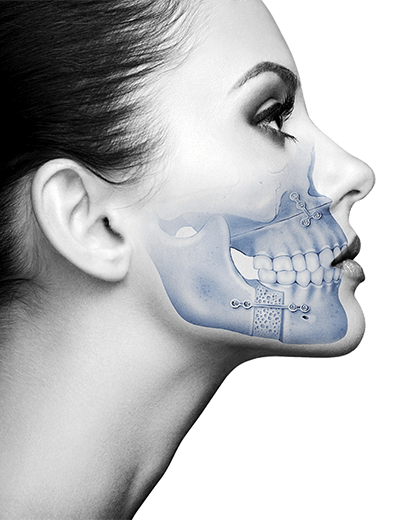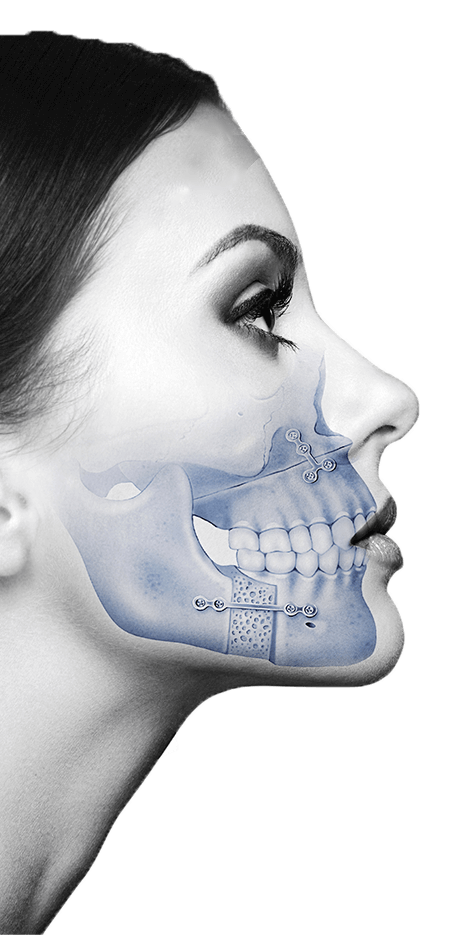Patients with TMJ disorders may see an increase in their symptoms during the colder months. This is because in cold weather, our body tries to gain heat by shivering, which in turn causes our muscles to tense and our teeth to chatter, increasing the level of discomfort in the area of the temporomandibular joint.
So, how can we control jaw pain during the cold winter months? These three tips will help you go through the winter season without pain:
- Be well equipped. It is important to keep warm in order to retain body heat and thus avoid tension and tightness of the muscles and
 veins that accompany the sensation of cold. Wear warm clothes and winter gear such as scarf to protect the jaw area from the cold.
veins that accompany the sensation of cold. Wear warm clothes and winter gear such as scarf to protect the jaw area from the cold. - Keep warm. Even if we stay home, we must ensure to maintain a good temperature also indoors. This can mean raising the thermostat a little more than normal, turning on the electric blanket or heating pad or plugging a heater near the area where we are.
- Keep active. Maintaining a good level of activity is another way to alleviate the effects of cold on our temporomandibular joint. Inactivity causes the muscles to weaken and contract, which contributes to increased pain. By staying active, your joints and muscles are loose, strong and better prepared to handle cold weather and pressure changes, as well as being beneficial for your general health.
At the Maxillofacial Institute we have doctors specialized in the treatment of temporomandibular joint disorders. If during these cold months you suffer pain or discomfort in the jaw area, we can help you understand your condition and the triggers that can cause pain or discomfort in this area. Contact us at international@institutomaxilofacial.com to schedule an appointment.
Related:








